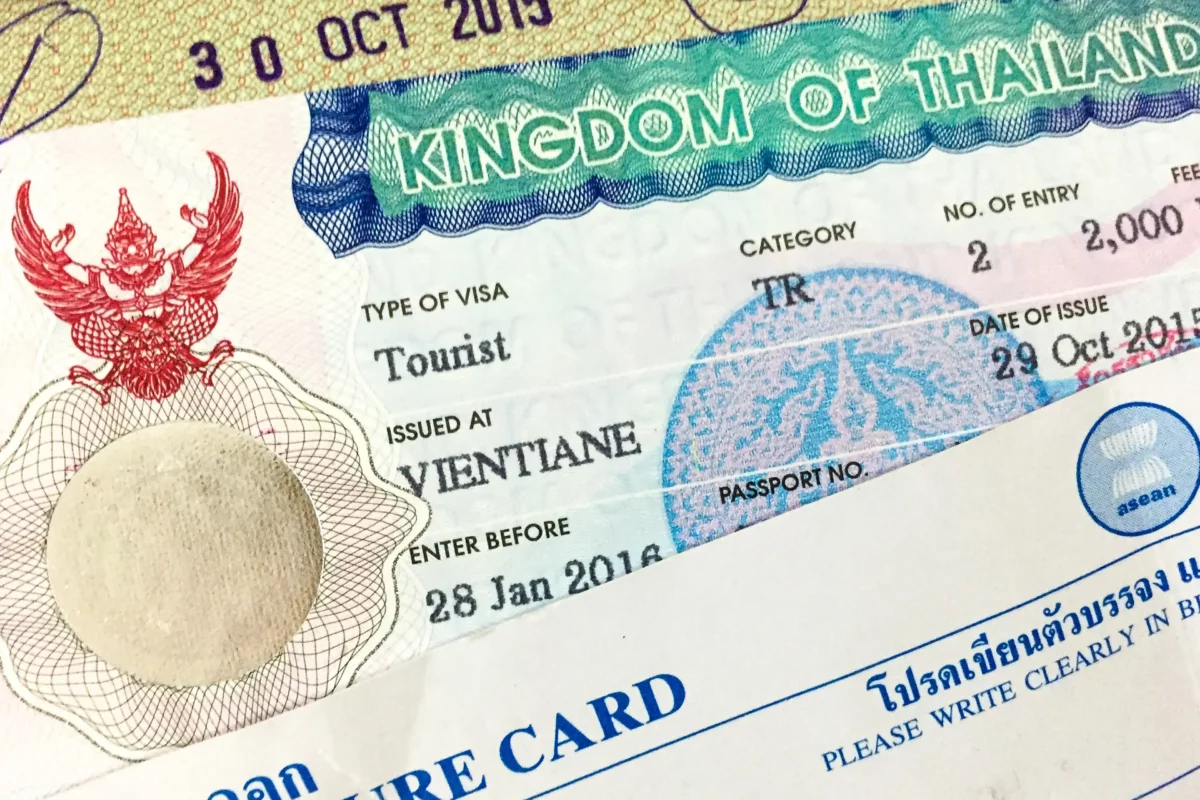While Thailand is not considered to be a litigious society, many disputes still end up in Thai courts. To unclog court dockets, the Thai government has implemented policy initiatives to encourage the use of alternative dispute resolution methods.
In a mediation, parties select an arbitrator or panel who reviews evidence and arguments to make a binding decision. This provides a more predictable and quicker route to resolution than litigation.
The Judicial System
The judicial system in Thailand is adversarial with the courts handling both civil and criminal cases. There are three tiers of courts in Thailand: Courts of First Instance, the Courts of Appeal and the Supreme Court.
In the case of a criminal matter, the presiding judge has sole discretion to decide guilt or innocence as well as impose a sentence on the defendant. The jury system does not exist in Thailand. The courts in Thailand are mandated to operate impartially and there are many laws in place that protect judicial independence. Judges are not permitted to have vested interests in a case and are also subject to a code of ethics governing their conduct with disciplinary proceedings if they breach this code.
Court proceedings are conducted in the Thai language and witnesses must attend to affirm their testimony as well as be cross-examined. In some proceedings, the judge will actively participate in examining witnesses to ensure impartiality.
Generally, hearings are scheduled in a series of consecutive days and will continue until all evidence has been heard by the court. Alternatively, the judge can use an e-Hearing system which allows witness examinations to be conducted via video and audio recording systems.
In class action proceedings, the court will utilize an inquisitorial system which allows the court to search for additional facts. The court will render a decision at the end of the case and will issue a judgment setting out its findings.
Pre-Action Protocols
The general organisation of Thailand’s courts is adversarial. However, some courts, such as the Administrative Court, Labor Court, Constitutional Court, and Criminal Court for cases involving corruption and misconduct, operate under an inquisitorial system. This means that the courts can order investigations and gather evidence in a non-adversarial manner.
The courts’ jurisdiction in civil matters is determined by applying the principle of actor sequitur forum rei. This means that a claimant can only commence proceedings in the defendant’s court where: (i) the cause of action arose in the jurisdiction of the defendant’s forum; and/or (ii) the defendant is domiciled in the jurisdiction of the defendant’s forum.
Litigants can seek interim relief by filing a petition with the court. The court will examine the request and determine whether it is appropriate to grant such relief. Interim relief can include ordering a freeze on assets or orders to seize property. The court will also consider whether it is appropriate to grant security for costs.
The courts’ powers to render rulings on: (i) damages according to the circumstances and gravity of the breach; (ii) default interest as accrued from the date of committing the wrongful act or due date of the debt; (iii) litigation costs including witness fees, lawyer’s fees and other costs payable by law; (v) specific performance; and/or (vi) injunctions on actions are extensive.
Mediation
Achieving a satisfactory resolution to disputes can take time and money. It is also important to preserve relationships, and mediation is often a better solution than lengthy litigation, especially where it does not involve adversarial proceedings.
As such, it is a key tool in our ADR toolbox, and is particularly effective for Thailand dispute resolution with clients in the commercial, energy, construction, insurance, hotels, real estate, telecommunications, media technology and other sectors where relations can become complex. At DFDL, our team has extensive experience in advising and conducting mediations in the context of disputes across all these industries.
Both out-of-court and court-annexed mediation is available in Thailand. The courts, embracing the culture of the wider Thai society, strongly encourage mediation. Judges often order that the parties to a case attend court-annexed mediation before commencing a full hearing of the matter and they also frequently facilitate conciliation between disputing parties.
In addition, the Dispute Mediation Act 2562 (2019) has introduced an out-of-court mediation process for civil disputes with a value of not more than THB 5 million. If the dispute is resolved by mediation, an enforceable compromise agreement can be filed with the court. This enables parties to save time and money and avoid the long-term impact of litigation on their business relationship. In addition, the enforceable compromise agreement can also protect the rights and interests of disputing parties.
Arbitration
In Thailand, arbitration is one of the most common dispute resolution mechanisms in international commercial transactions. Arbitration is especially favored in the energy, mining and infrastructure sectors due to the preponderance of cross-border business. Arbitration proceedings are similar to litigation, with the disputing parties appointing an arbitrator or arbitration panel to hear evidence and make a decision, in accordance with rules agreed upon by the disputing parties.
While negotiation and mediation are often the preferred methods of alternative dispute resolution in the energy, mining and construction industries, most real estate and construction contracts in Thailand would contain a structured arbitration clause in case a conflict arises. The courts have not been a favored method of dispute resolution in these sectors in Thailand, and the courts are largely adversarial.
However, there are several hindrances to the adoption of arbitration in Thailand that need to be addressed. First, the legal profession and businesses need to be trained on what arbitration is, how to include an arbitration clause in a contract and the benefits of using an arbitration procedure.
Second, the Thai Arbitration Law has not been amended to align with international standards and best practices, which hinders efficiency in arbitration procedures. Third, there needs to be greater effort by the TAI and THAC to promote a culture of international arbitration in the country through training, seminars/webinars and activities with various industry sectors.





